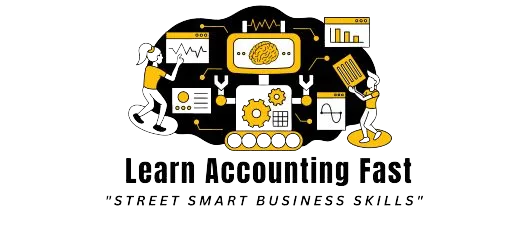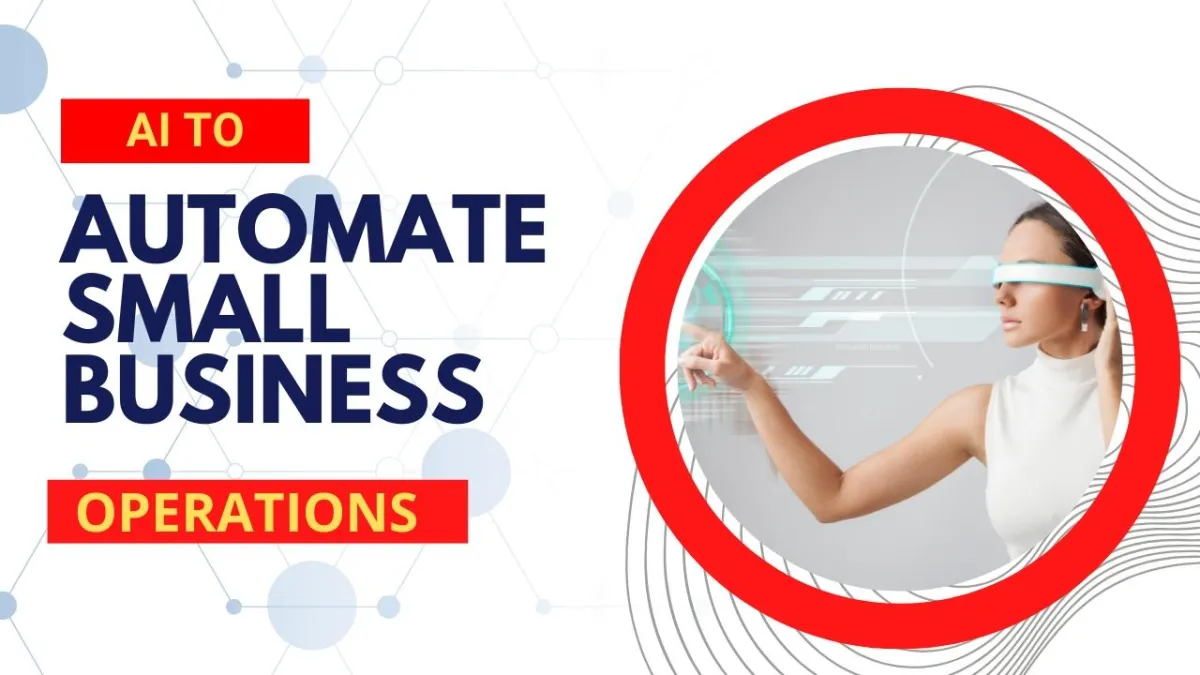Developing a Comprehensive Crisis Management Plan
Creating a robust crisis management plan is essential for mitigating risks and maintaining business continuity during emergencies.
Here’s a detailed guide on how to develop an effective plan, complete with suggestions and resources.
Step 1: Define Potential Crises
Identify Potential Risks:
Natural disasters (earthquakes, floods, etc.)
Geopolitical conflicts
Cyber-attacks
Supply chain disruptions
Pandemics
Assess Impact:
Determine the potential operational, financial, and reputational impacts of each identified risk. Natural disasters (earthquakes, floods, etc.)
Resources:
Step 2: Establish a Crisis Management Team
Select Team Members:
Choose individuals from various departments, HR, IT, Operations, and Communications.
Assign specific roles and responsibilities.

Define Roles:
Incident Commander: Oversees the entire response.
Communication Lead: Manages internal and external communications.
Operations Lead: Coordinates operational response.
IT Lead: Ensures cybersecurity and data integrity.
Resources:
Step 3: Develop Communication Strategies
Internal Communication:
Create a communication protocol for notifying employees.
Use multiple channels (email, SMS, intranet).
External Communication:
Prepare press releases and social media templates.
Establish a media contact list.
Step 4: Operational Adjustments
Business Continuity Plan:
Outline steps to maintain critical operations.
Identify alternative suppliers and backup sites.
Remote Work Policy:
Implement policies and tools for remote work.
Ensure secure access to company systems
Resources:
Remote Work Best Practices
Step 5: Emergency Contacts
Compile Contact Lists:
Internal contacts: Crisis management team, key personnel.
External contacts: Emergency services, suppliers, clients
Distribute Contact Information:
Ensure all team members have updated contact lists.
Resources:
Emergency Contact List Templates
Step 6: Regular Review and Practice
Review the Plan Regularly:
Schedule periodic reviews to update the plan
Incorporate lessons learned from past incidents.

Conduct Drills and Simulations:
Organize regular training and mock drills.
Test communication protocols and operational responses.
Resources:
Training and Simulation Resources
Summary
Creating a comprehensive crisis management plan involves identifying risks, establishing a crisis management team, developing communication strategies, making operational adjustments, maintaining emergency contacts, and conducting regular reviews and drills.
This proactive approach helps businesses remain resilient and responsive during crises.
Invest in your greatest asset—YOUR BUSINESS AND FINANCIAL EDUCATION.
Thrive in these challenging times by taking advantage of our video courses that provide confidence and street-smart business skills.
Join us today click here.
More to Explore
Accounting Best Practices for E-commerce Entrepreneurs
Running an e-commerce business requires precise financial management. Without a structured accounting system, cash flow issues, tax penalties...
Implementing AI on a Budget A Guide for Small Businesses
Artificial Intelligence (AI) is no longer just for big corporations with deep pockets.
Small businesses can now leverage AI tools .....
10 Secrets of Old
Money Families
It was a crisp autumn morning when Sarah first set foot in her
grandfather's study. The room smelled of leather and old books, with sunlight streaming through tall windows...
Integrating Blockchain Technology into Modern Accounting
This guide provides a detailed, step-by-step process for integrating blockchain into your accounting practices, enhancing transparency....
How to Use AI to Automate a Small Business Operation
Artificial Intelligence (AI) is no longer just for large corporations; small businesses can use AI tools to save time, reduce costs, and increase efficiency....
Cryptocurrency and Business Taxes: Advanced Strategies for Staying Ahead
Cryptocurrency is revolutionizing business and investment, but those who truly excel in this space know it’s not just about understanding the basics....
Disclaimer: The content shared on this blog and in these videos is for informational and educational purposes only. Despite my 30 years of experience as a business owner, I am not a certified financial advisor, accountant, or legal professional. The insights and tips shared are based on personal experiences and should not be taken as professional financial or legal advice. For financial, legal, or professional advice, please consult with a certified professional in the respective field. I disclaim any liability or responsibility for actions taken based on any information found in this blog or these videos.
Copyright Learn Accounting Fast - All Rights Reserved 2025









Facebook
Instagram
X
LinkedIn
Youtube